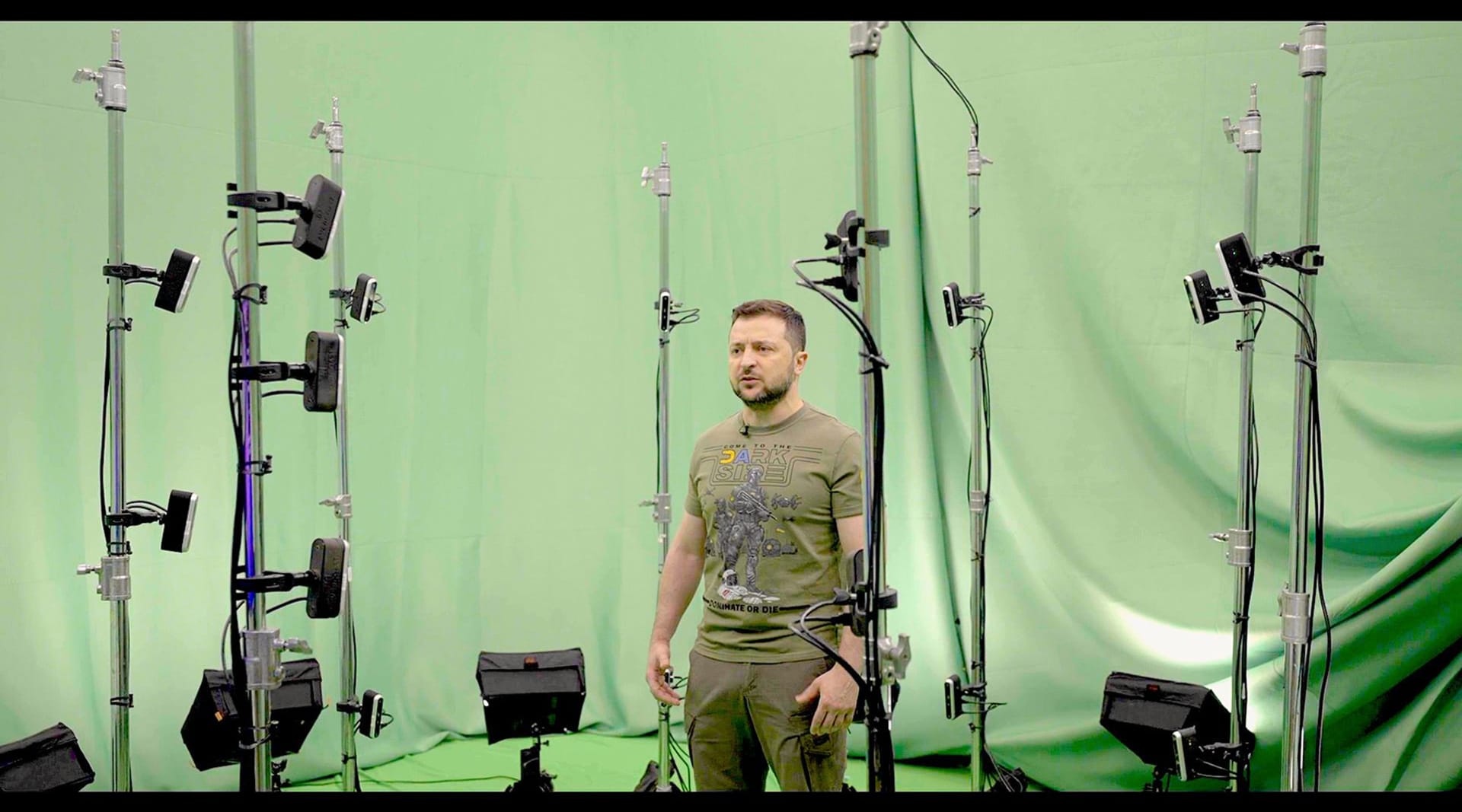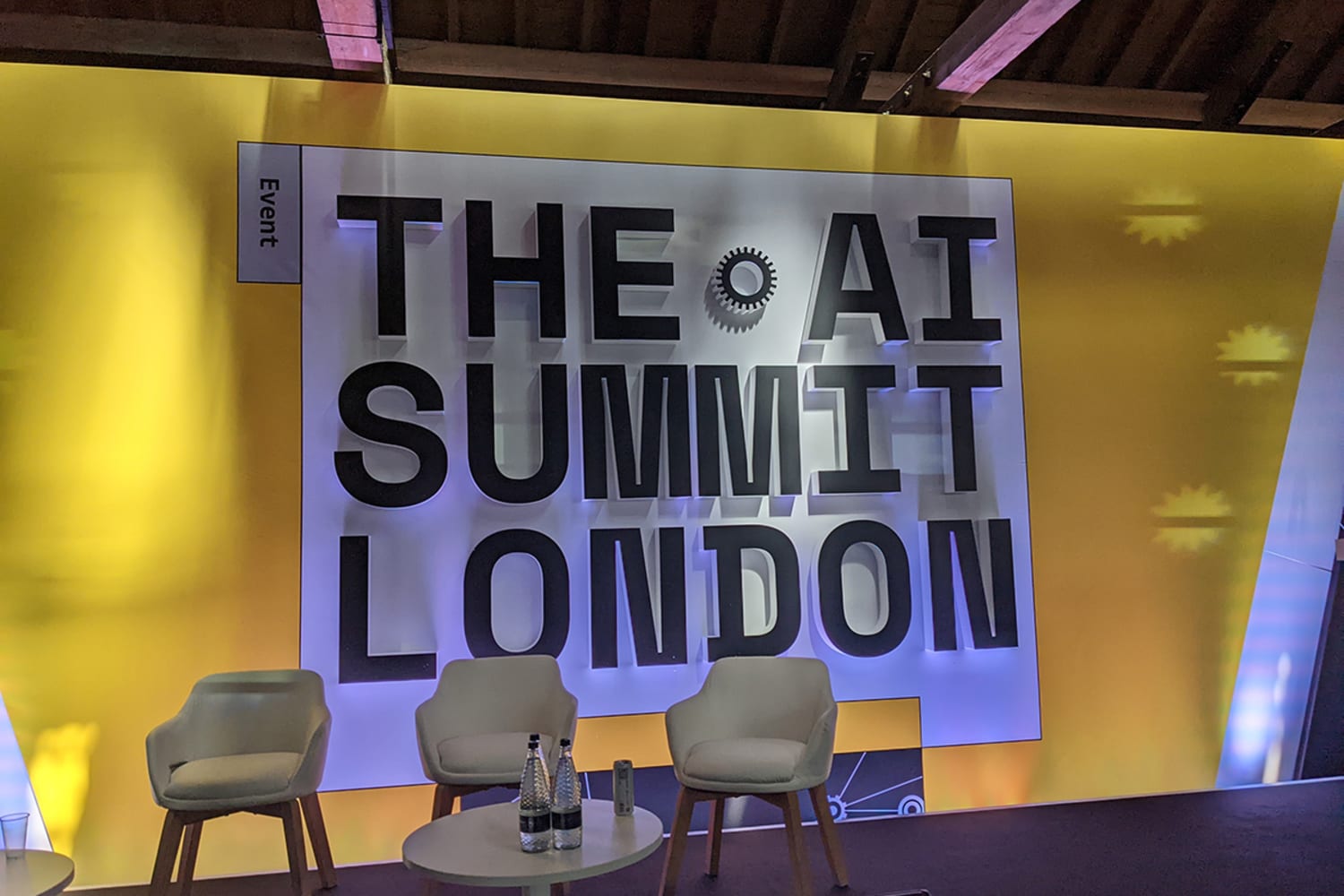Over two sun-drenched days at London’s Tobacco Dock, delegates gathered to learn and network at the AI Summit, a keystone event of London Tech Week 2022 focused on the practical applications of AI for enterprises.
Across multiple stages, covering six vertical tracks and a hosting slew of interactive installations and exhibits, the show unpacked the growing impact of AI on our lives, now and in the future. “AI isn’t hype,” said Colin Murdoch, chief business officer at DeepMind, speaking at the AI Headliners stage on day one, “It has the potential to change the lives of billions, and it’s happening today.”
At the ‘AI Through the Ages” installation, Intel brought Murdoch’s words to life with a display showcasing three real-life practical applications of AI. Comprising voice creation software developed for users with motor neuron disease, a motion capture wearable for athletes to help hone performance and a data model to help food banks optimise food distribution, the exhibit captured the breadth and diversity of applications for AI.



